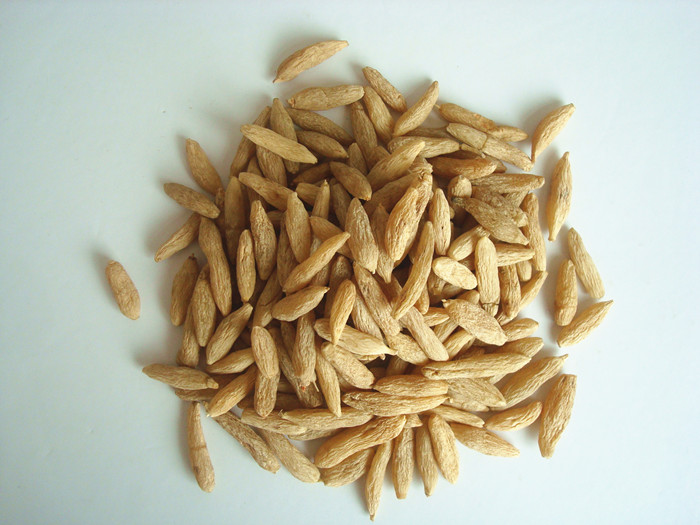Ophiopogon Japonicus

INTRUDUCTION
It is an evergreen,
sod-forming perennial plant. The leaves are linear, 20–40 cm long. The flowers
are white through pale lilac, borne in a short raceme on a 5–10 cm stem. The
fruit is a blue berry 5 mm diameter. Underground, this species has large
stolens with tuberous roots.
USES
In traditional Chinese
medicine Ophiopogon japonicus tuber, known as mai men dong (Chinese: 麥門冬), is the
cardinal herb for yin deficiency. According to the Chinese Herbal Medicine
Materia Medica, the herb is sweet, slightly bitter and slightly cold, enters
the heart, lung, and stomach channels and nourishes the yin of the stomach,
spleen, heart, and lungs and clears heat and quiets irritability. Liriope
spicata is used as a substitute.